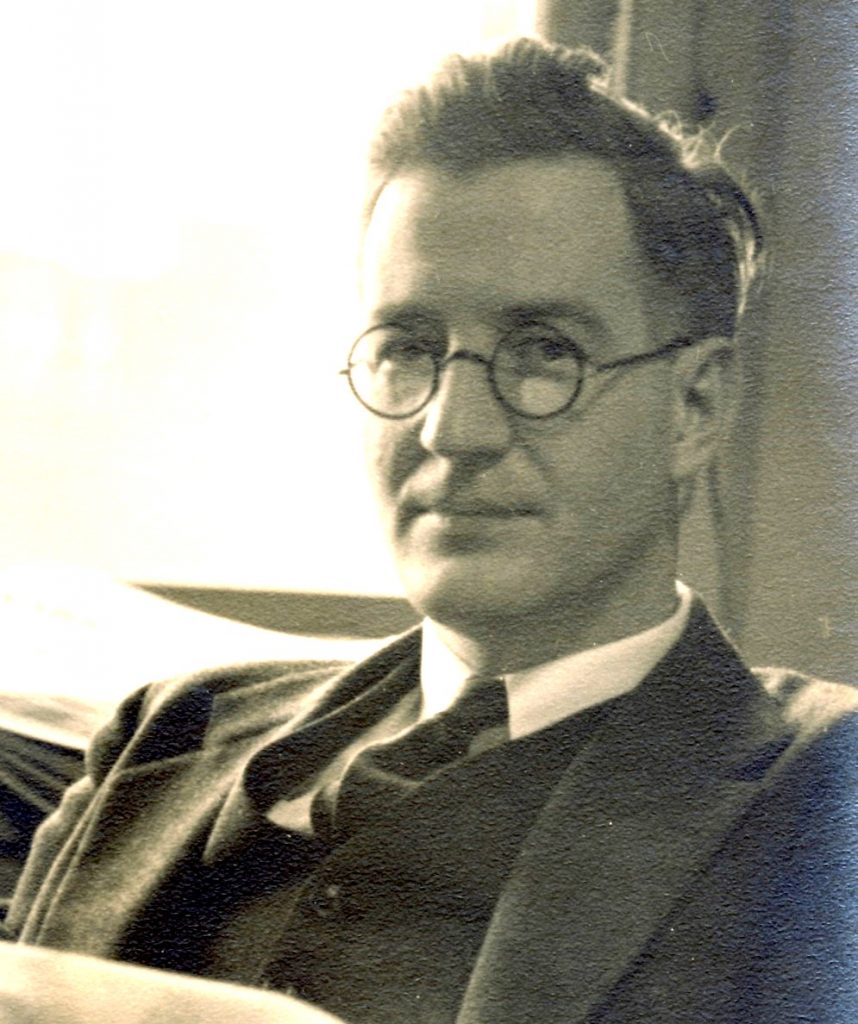Clifford Durr was an American civil rights lawyer.
Born into the Alabama aristocracy, Durr became an unlikely champion for oppressed people. Yet he became very sensitive to the concerns of the underprivileged during the Great Depression. During the same period, his liberal politics led him into many of the same circles as Robert Oppenheimer. Durr represented Oppenheimer’s brother, Frank, when he was investigated by the House Un-American Activities Committee in 1949 for his ties to the Communist Party.
A lifelong advocate of justice, Durr and his wife would later gain notoriety for posting bail for Rosa Parks after her infamous arrest in 1955. His activism made it difficult for him to practice law successfully in Alabama, and by his death in 1975 he had lost of much of the wealth into which he was born.
Clifford Durr’s Timeline
1899 Mar 2nd Born in Montgomery, AL.
19451948 Served as head of the Federal Communications Commission (FCC.)
1948 Resigned from the FCC in protest of the “Loyalty Oath” all employees were being forced to take by the Truman administration.
1949 Represented Frank Oppenheimer when the House Un-American Activities Committee (HUAC) investigated his ties to the Communist Party.
1975 May 12th Died in Wetumpka, AL.





